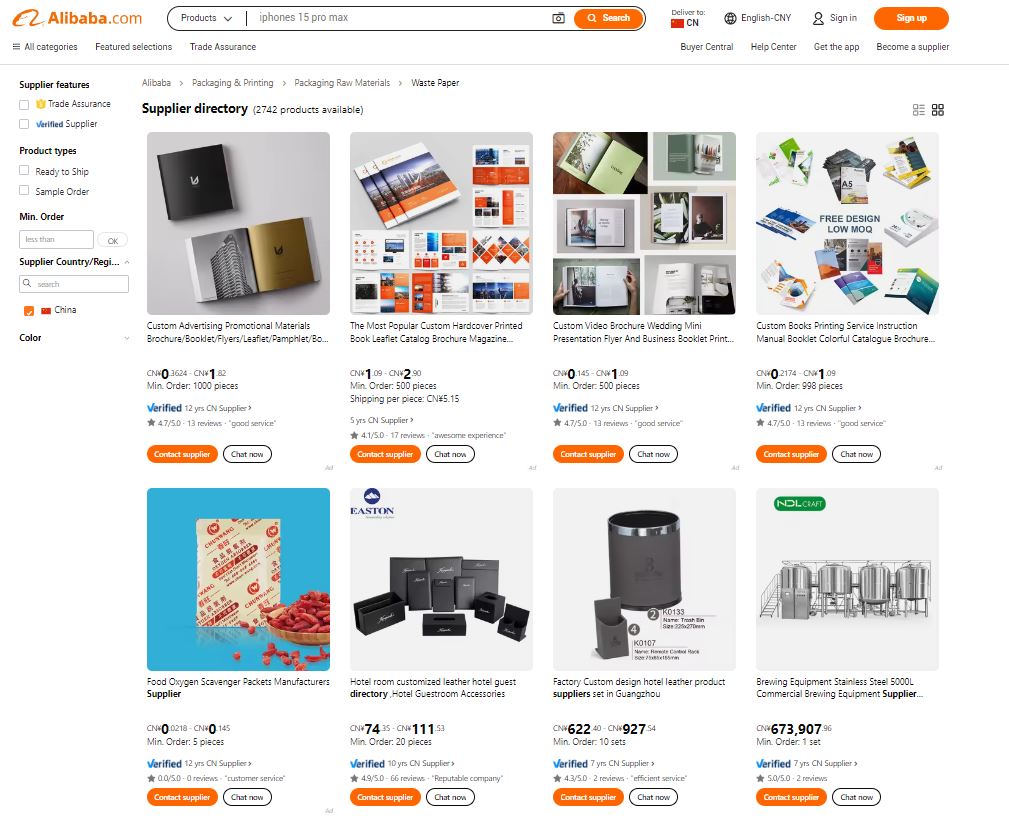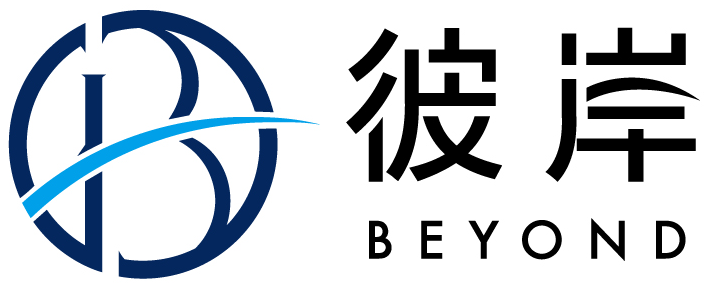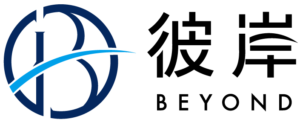China’s market presents immense opportunities for businesses looking to expand their reach. With its vast geographic expanse and diverse consumer base, entering the Chinese market requires strategic planning and choosing the right distribution partners. This guide will provide you with an in-depth understanding of the distribution landscape in China and offer practical steps to find and work with distributors to ensure your products succeed in this dynamic market.
Overview of the Distribution Landscape in China
China’s distribution landscape offers substantial growth opportunities, especially for the food and beverage sector. Understanding local market dynamics and leveraging established networks are key to success. Companies like Pinlive Foods Co. Ltd., with a strong presence in major cities, exemplify effective distribution to retail stores and consumers. Similarly, ESB Shanghai, an online grocery service, highlights the growing importance of eCommerce in China with its advanced logistics and commitment to quality, making it an ideal partner for e-commerce-focused businesses.
For premium or gourmet products, Classic Fine Foods China offers a strategic channel, catering to high-end hotels, restaurants, and specialty stores. These examples illustrate the diversity of food distributors in China, each catering to specific market segments. Assessing a distributor’s capabilities, network, and alignment with your product is crucial for navigating the Chinese market. Partnering with the right distributor can unlock significant growth potential and drive business success in China.
Key Factors to Consider When Choosing a Distributor in China
1. Geographic Vastness and Cultural Diversity
Understanding Regional Differences: China is not a monolithic market but a collection of diverse regional markets, each with its own cultural preferences and economic conditions. For example, food consumption habits can vary significantly between northern and southern China. It’s essential to choose distributors who are well-versed in the local customs and consumer behaviors of the specific regions you are targeting.
Local Presence and Network: Distributors with an established local presence and robust networks in specific regions can provide more efficient and targeted distribution. Their local knowledge and relationships with retailers can facilitate smoother market entry and better customer engagement.
2. Distribution Network Capabilities
Logistics and Infrastructure: Evaluate the distributor’s logistics capabilities, including their warehousing facilities, transportation networks, and technological infrastructure. Efficient logistics are critical in ensuring timely delivery and maintaining product quality, especially for perishable goods.
Sales Force and Coverage: Assess the size and expertise of the distributor’s sales force. A larger and more experienced sales team can cover more ground and effectively push your products into various retail channels. Ensure that the distributor has adequate coverage in the regions where you plan to expand.
3. Market Expertise and Product Alignment
Experience in Your Industry: Choose a distributor with a proven track record in your specific industry. For instance, if you are selling premium food products, a distributor with experience in the luxury food sector will better understand the nuances of marketing and selling high-end products.
Product Portfolio: Examine the distributor’s current product portfolio. A distributor handling complementary products is likely to have established relationships with the right retail channels for your products. However, avoid distributors who handle competing products to prevent conflicts of interest.
4. Financial Stability and Performance
Financial Health: The financial stability of a distributor is a critical factor. A financially strong distributor will have the resources to invest in marketing and promotion, maintain inventory, and manage the logistics efficiently. Review their financial statements and creditworthiness to ensure they can support your business growth.
Track Record of Success: Investigate the distributor’s performance history. Look for metrics such as sales growth, market share, and customer retention rates. A distributor with a history of successful product launches and sustained sales growth is more likely to be a reliable partner.
5. Legal and Regulatory Compliance
Import and Market-Entry Authorizations: Ensure that the distributor has all necessary import licenses and market-entry authorizations. Compliance with local regulations is essential to avoid legal complications and ensure smooth market operations.
Product Certification: Verify that the distributor is familiar with and capable of obtaining any required product certifications. Compliance with Chinese standards is mandatory for product acceptance and consumer trust.
6. Intellectual Property Protection
Brand and IP Management: Protecting your intellectual property (IP) is vital when entering the Chinese market. Choose a distributor who respects and enforces IP rights, including trademarks and domain names. This can prevent unauthorized use and ensure your brand integrity.
Contractual Safeguards: Establish clear terms in your distribution contract to safeguard your IP. Include clauses that protect your brand and product information, and outline the consequences of any breaches.
7. Communication and Cultural Compatibility
Language Proficiency: Effective communication is key to a successful partnership. Ensure that your distributor has proficient English speakers or that you have access to reliable translation services to bridge any language gaps.
Cultural Understanding: Cultural compatibility can significantly impact the effectiveness of your collaboration. A distributor who understands and respects your business culture and practices can facilitate smoother interactions and align better with your strategic goals.
8. Strategic Fit and Commitment
Alignment with Business Goals: Ensure that the distributor’s goals and strategies align with your own. They should be committed to growing your brand and willing to invest in marketing and promotional activities.
Long-Term Partnership Potential: Look for distributors interested in a long-term partnership rather than short-term gains. A distributor dedicated to building a lasting relationship will be more invested in your success and more likely to provide consistent support.
What Kind of Distributor to Look For
1. Multiple Distributors for Different Regions
China is not a monolithic market but rather a collection of regional submarkets with distinct preferences and consumption habits. To effectively penetrate this vast and diverse market, consider working with multiple distributors who are well-established in their respective regions. This approach allows you to cater to local tastes and ensures broader market coverage.
2. Specialized Distributors
Identify distributors that specialize in your product category. Specialized distributors have deep knowledge of the specific market segment, established relationships with key retailers, and an understanding of consumer preferences. This expertise can significantly enhance your product’s market entry and growth.
3. Large vs. Small Distributors
Large distributors often have extensive networks and greater resources, allowing for widespread distribution and higher sales volumes. However, they may also have higher demands and less flexibility. Smaller distributors, on the other hand, can offer more personalized service and may be more willing to take risks on new products. Assess your needs and capabilities to determine whether a large or small distributor is the best fit for your business.
4. Online vs. Offline Distributors
With the rise of eCommerce in China, online distributors like ESB Shanghai play a crucial role in reaching consumers directly through digital platforms. These distributors are ideal if you want to leverage China’s booming online retail sector. Conversely, offline distributors, such as those with established relationships with brick-and-mortar stores, are essential for penetrating traditional retail channels. A balanced approach utilizing both online and offline distributors can maximize your market reach.
How to Find Distributors in China
1. Trade Shows and Exhibitions
Participating in trade shows and exhibitions provides an excellent platform for networking and forging connections with potential distributors. Events such as SIAL and FHC are particularly relevant for food product companies, allowing them to showcase their products to a targeted audience. These events draw key industry players, enabling you to meet numerous distributors in a short period, understand their capabilities, and assess their interest in your products.

2. Engaging Third-Party Services
Hiring third-party services can significantly streamline the process of finding distributors in China. These services often specialize in conducting market analyses, providing detailed insights into potential distribution partners. They assist with Chinese translations of product descriptions, which is crucial for clear communication. Additionally, they can list products on Chinese B2B platforms, attend trade shows on your behalf, and provide targeted exposure to a curated list of potential distributors.
3. Online Searches and Directories
While finding distributors through online searches can be time-consuming, it remains a viable method. Utilize specialized business-to-business (B2B) directories and platforms designed for connecting companies with distributors in China. Websites such as Alibaba, Made-in-China, and Global Sources offer comprehensive directories of distributors. These platforms allow for filtering based on industry, product type, and geographic region, facilitating a more efficient search process.

4. Referrals and Network Utilization
Leveraging your existing network can be an effective way to find reliable distributors. Engage with industry contacts, business partners, and professional associations to seek referrals. Personal introductions and recommendations can carry significant weight, as they come from trusted sources familiar with the Chinese market dynamics. Networking through industry events, seminars, and webinars can also yield valuable connections.
5. Chambers of Commerce
Contacting local embassies or Chambers of Commerce in China can provide access to extensive networks of business contacts. These organizations often have dedicated trade promotion departments that facilitate connections between foreign businesses and local distributors. They can provide valuable resources, market intelligence, and referrals, enhancing your ability to find reputable distributors. Engaging with these bodies can also lend credibility to your business efforts in China.
6. Tmall B2D
Tmall Business-to-Distributor (B2D) is a platform specifically designed for connecting with distributors in China. Though its popularity may vary, it offers access to a vast network of 85,000 Chinese distributors. Creating a profile on Tmall B2D can expose your products to a wide range of potential partners. This platform enables you to present your product portfolio, reach out to interested distributors, and initiate conversations for potential collaborations.
7. Building an Online Presence
A robust online presence is essential for attracting potential distributors. Translating and optimizing your website for Chinese search engines like Baidu ensures greater visibility. Engage experienced eCommerce agencies that specialize in Chinese SEO and SEM strategies. These agencies can help tailor your digital marketing efforts to the preferences of Chinese distributors, increasing your chances of being discovered online.
8. Utilizing Chinese Social Media
Chinese social media platforms, particularly WeChat, play a crucial role in business communication and product promotion. Establishing an official presence on WeChat allows you to engage with potential distributors directly. Utilize features such as WeChat brochures to showcase your products and create interactive content that can be easily shared. Building a strong following on WeChat increases your brand’s visibility and credibility, making it more attractive to distributors.

9. Meeting Distributors in Person
In-person meetings are invaluable for establishing trust and assessing the capabilities of potential distributors. Arrange face-to-face meetings and visit their facilities to evaluate their operations and infrastructure. Prepare a comprehensive list of questions to ask during these meetings, such as their experience with similar products, their current client portfolio, and their distribution strategies. Personal interactions demonstrate your commitment and facilitate a deeper understanding of the distributor’s potential to meet your business needs.
Successfully finding and partnering with the right distributor in China can significantly enhance your market penetration and business growth. The diverse and complex distribution landscape requires strategic planning and thorough evaluation of potential partners. By understanding the local market dynamics, leveraging established networks, and considering regional differences, businesses can navigate the Chinese market effectively. Utilizing eCommerce China strategies and Chinese social media platforms can further bolster your efforts to reach a broader audience and establish a strong market presence.



